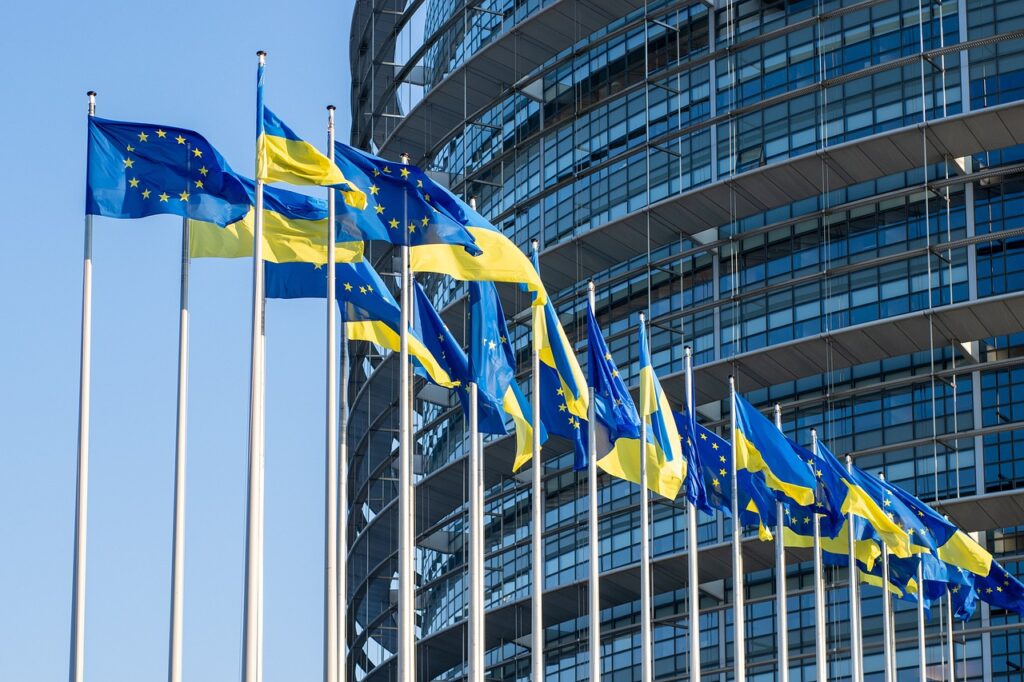On Monday, June 24, the Council of the European Union enacted a 14th series of economic and individual restrictive measures against Russia, aimed at further destabilizing the Putin regime and its ongoing, unauthorized aggression toward Ukraine. These actions seek to undercut critical sectors of the Russian economy, particularly in energy, finance, and trade, thereby complicating any attempts to circumvent EU-imposed sanctions.
EU High Representative Josep Borrell emphasized the unified front of the European Union in its support for Ukraine: "Our sanctions have already significantly weakened the Russian economy and prevented Putin from carrying out his plans to destroy Ukraine, even as he continues his illegal aggression against civilians and civilian infrastructure."
Restrictive Measures on Individuals and Entities
The new measures sanction 116 individuals and entities identified as undermining or threatening Ukraine’s territorial integrity, sovereignty, and independence.
Energy Sector Provisions
To curtail Russia’s considerable revenue from liquefied natural gas (LNG), the EU has banned the reloading of Russian LNG on EU territory for transshipment to third countries. This ban encompasses both ship-to-ship and ship-to-shore transfers, though it does not impact direct imports, only re-exports via EU channels. Additionally, new investments and the provision of goods, technology, and services necessary to complete LNG projects such as Arctic LNG 2 and Murmansk LNG are now prohibited. Imports of Russian LNG at EU terminals disconnected from the natural gas system are similarly restricted.
Anti-Circumvention Measures
EU regulations now oblige parent companies to ensure that their subsidiaries in third countries refrain from activities counteracting the intent of the sanctions. Further, EU operators selling military equipment to third countries must establish due diligence processes to identify and mitigate risks of re-exportation to Russia. Contracts between EU operators and commercial partners in third countries must now include provisions to prevent the transfer of industrial know-how for military equipment production destined for Russia.
Financial Sector Restrictions
The Council has decided to restrict the use of the "System for Transfer of Financial Messages" (SPFS), which was developed by the Central Bank of Russia as a countermeasure to restrictive financial actions. EU entities outside Russia will be prohibited from connecting to this or similar specialized financial messaging services. Moreover, the Council is enforcing a ban on transactions with targeted credit and financial institutions and crypto asset providers based outside the EU if these entities support Russia’s defense industry.
Regulation of Political and Organizational Funding
New policies prohibit EU-based political parties, foundations, NGOs—including think tanks—and media service providers from accepting funding from the Russian state and its proxies.
Transport Sector Sanctions
For the first time, the EU has targeted specific sea vessels contributing to Russia’s military efforts, banning them from port access and the provision of services. These actions apply to vessels engaged in transporting military equipment, stolen Ukrainian grain, and supporting Russia’s energy sector projects. 27 ships have been targeted under these new sanctions. Additionally, the EU has extended its flight ban, now encompassing non-scheduled flights under the control of Russian entities, to prevent travel for purposes such as holidays or business meetings.
Import-Export Controls and Restrictions
The Council has identified 61 new entities that directly support Russia’s military-industrial complex, tightening export restrictions on dual-use goods and technologies and sectors that could technologically upgrade Russia’s defense capabilities. Some of these entities are located outside Russia in countries like China, Kazakhstan, and Turkey, thus helping to circumvent trade restrictions. Furthermore, the EU has escalated restrictions on exports of chemicals, plastics, and equipment enhancing Russia’s industrial capabilities and imposed further limitations on helium imports from Russia.
Intellectual Property and Cultural Asset Protections
The latest package bans the registration of intellectual property rights in the EU by Russian nationals or companies. It also prohibits transactions involving Ukrainian cultural and archaeological goods thought to have been unlawfully removed from Ukraine.
Source
This information is provided by commonspace.eu in conjunction with the Council of the European Union. The photo accompanying the original report displays the flags of the European Union and Ukraine, sourced from Pixabay.
For further reading and updates, please refer to the original source at commonspace.eu.
This rewrite ensures a professional, well-structured, and detailed approach suitable for an expert audience, while expanding on the original information to provide a comprehensive understanding.
